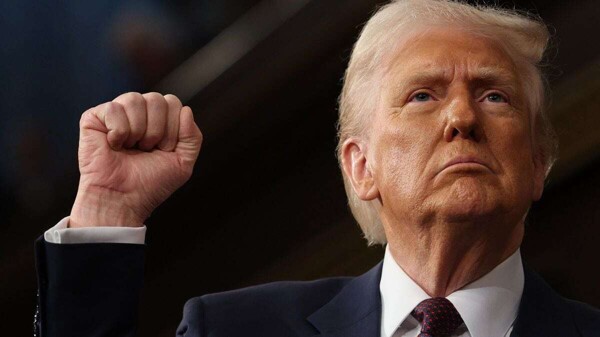
A decrease in trade could have a direct impact on the municipal budget, limiting investment in infrastructure and services. To mitigate the negative effects of this trade war, various strategies can be implemented. One of them is to promote market diversification, seeking trade agreements with other global partners to reduce dependence on the United States. Additionally, trade facilitation programs can be strengthened, such as customs prevalidation in Mexico and improving border infrastructure to make crossings more efficient and less costly.
Companies should also take advantage of available tax benefits, such as tariff deferral and optimizing logistical processes through tools like temporary importation - In-BOND-. Another important strategy is to negotiate locally with the U.S. government to seek tariff exemptions or incentives that help mitigate the economic impact. Furthermore, investment in customs and transport technology would be essential to improve inspection processes and streamline the movement of goods.
China, also affected by the tariff decision, has responded by submitting a Dispute Resolution Panel to the World Trade Organization. However, the national security argument has been heavily criticized by Mexico and Canada. One of the sectors most affected by this situation is Mexican manufacturing, especially companies operating under the IMMEX program. It is clear that this decision could redefine the economic balance in North America and beyond, impacting not only the directly involved countries but also the global economy.
The impact on international land ports, such as Laredo, Texas, could be significant. Laredo handles approximately 40% of land trade between Mexico and the United States, and an increase in tariffs could lead to a decline in cargo volume, directly affecting jobs and businesses that depend on cross-border trade. This could result in a reduction in the flow of goods, loss of local jobs, and a decrease in tax revenues for border cities.
In this scenario, experts warn that Trump's measure could translate into a reduction of foreign direct investment in Mexico and a diversification of markets by the affected countries. The imposition of tariffs could also jeopardize the continuity of the Treaty between Mexico, the United States, and Canada, which could further affect the region's economy. The uncertainty generated by these tariff measures has led to widespread concern about the future of trade in North America and the global repercussions it could have.














